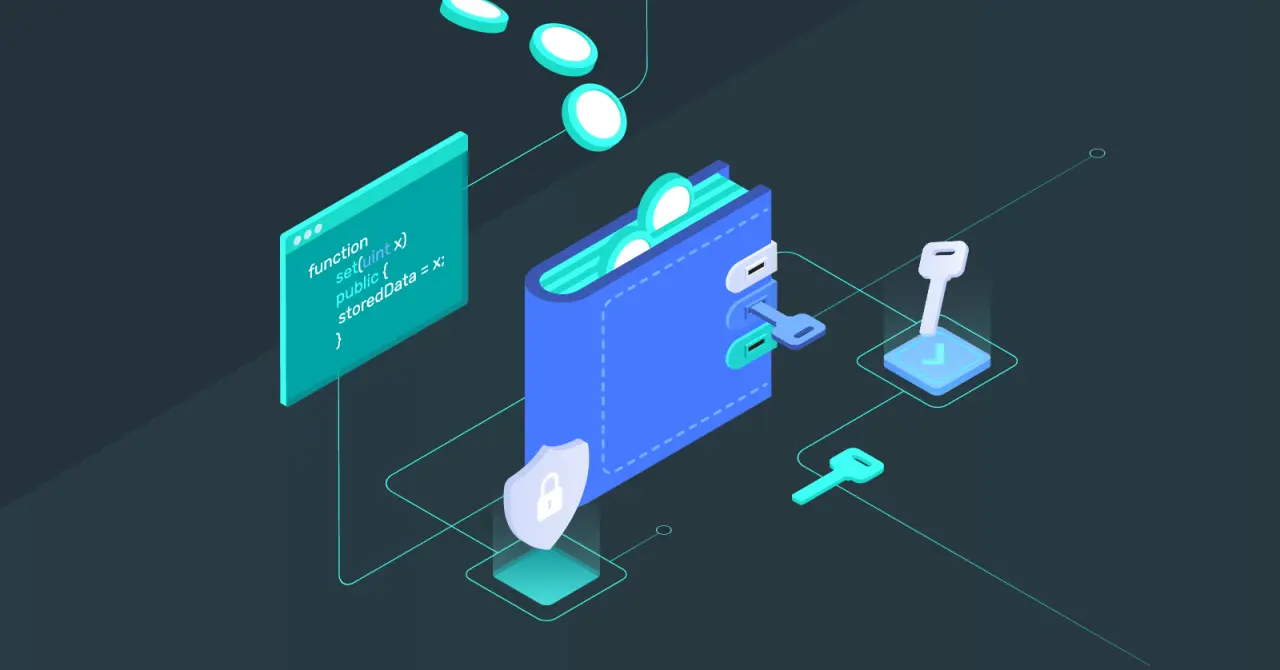Web3 Doesn’t Just Need Wallets, It Needs Strong Identity Too
Web3 is often described as the future of the internet—more open, decentralized, and giving users greater control.
But behind all its advantages, there’s one crucial element that remains a major challenge: digital identity. Until now, we’ve grown accustomed to using crypto wallets as the “gateway” to the Web3 world.
But is that enough? As interactions in the Web3 space become more complex, we need identity solutions that go beyond just wallets. We need an identity system that’s not only secure and private, but also user-friendly and recognized across platforms.
Summary Key Takeaways
ShowThe Importance of Identity in Web3

Web3 offers a more decentralized form of digital interaction. However, the main challenge lies in how to verify someone’s identity across different blockchains without sacrificing security, privacy, or convenience.
Decentralized identity allows users to have full control over their personal data, reducing dependence on centralized identity providers.
Decentralized Identity Solutions
Several solutions have been developed to address identity challenges in Web3:
- MatchID: A self-sovereign identity solution that provides secure and seamless cross-chain identity verification for users, developers, and Web3 businesses. MatchID is designed to eliminate friction during onboarding while ensuring privacy, interoperability, and ownership of digital identity.
- KYC-Token (KYCT): Combines crypto and civil identity verification into a single token stored directly in a crypto wallet. KYCT enhances trust by blending established identity verification processes with the cryptographic security and decentralization of Web3.
Benefits of Decentralized Identity in Web3

With the implementation of decentralized identity, users can:
- Control Personal Data: Users have full control over the information they share, enhancing privacy and security.
- Cross-Platform Interoperability: Identities recognized across various platforms and dApps simplify access and interaction without needing to create new accounts.
- Better User Experience: A simpler and more secure onboarding process improves user adoption and comfort within the Web3 ecosystem.
By focusing on the development of secure and decentralized identity systems, Web3 can fulfill its potential as a more open, safe, and user-centric internet.
Conclusion: Identity Is the Key to Web3’s Future
As the Web3 ecosystem evolves, it’s clear that digital wallets alone are no longer sufficient to meet the needs of modern users.
A secure, verifiable, and decentralized digital identity is a vital foundation for smoother, more trustworthy, and inclusive interactions in the Web3 world.
Solutions like MatchID and KYC-Token show that the future of digital identity is being built—not just for security, but also for user convenience and trust.
If Web3 truly wants to become a better version of the internet, then it’s time for digital identity to take center stage for developers and users alike.
Frequently Asked Questions (FAQs)
Why aren't crypto wallets enough for identity in Web3?
Crypto wallets help with authentication, but they don’t verify who you are. As Web3 interactions become more complex, we need identity solutions that are secure, recognized across platforms, and go beyond just holding a wallet address.
What is decentralized identity and why does it matter?
Decentralized identity gives users full control over their personal data without relying on third parties. It’s crucial for enhancing privacy, boosting security, and allowing users to prove their identity across multiple Web3 platforms seamlessly.
How does MatchID solve Web3 identity challenges?
MatchID is a self-sovereign identity solution that enables secure, cross-chain identity verification. It streamlines onboarding for users, developers, and businesses, while maintaining privacy and interoperability across Web3 ecosystems.







